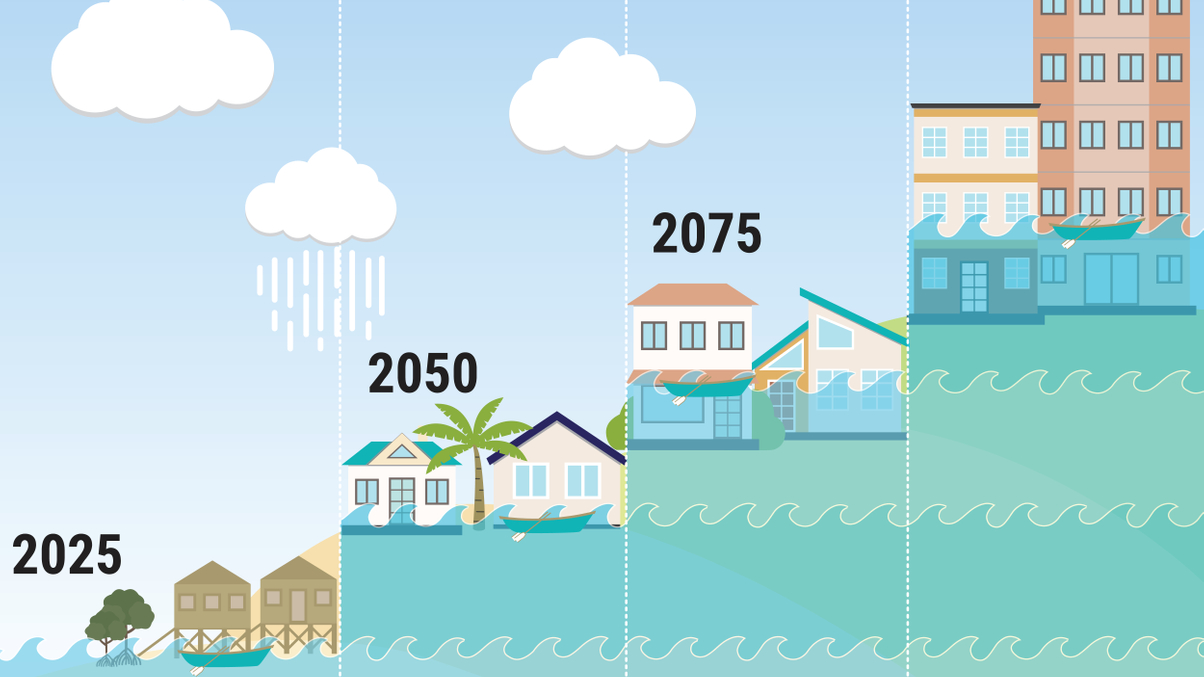Investors and investees have long way to go to tackle climate change
The Paris Agreement is necessary as a signpost for the future, but companies, institutional investors and governments should go further if they are serious about ESG, experts said.

Institutional investors have stepped up with engaging with companies to reduce carbon emissions and tackle climate risks, but relying on the Paris Agreement guideposts is not enough, said a keynote panel of seven experts on the first day of Better Futures Forum Australia.
Sign in to read on!
Registered users get 2 free articles in 30 days.
Subscribers have full unlimited access to AsianInvestor
Not signed up? New users get 2 free articles per month, plus a 7-day unlimited free trial.
¬ Haymarket Media Limited. All rights reserved.


